Explaining the diverse mission set of MARSOC’s commandos
- By Sandboxx
Share This Article
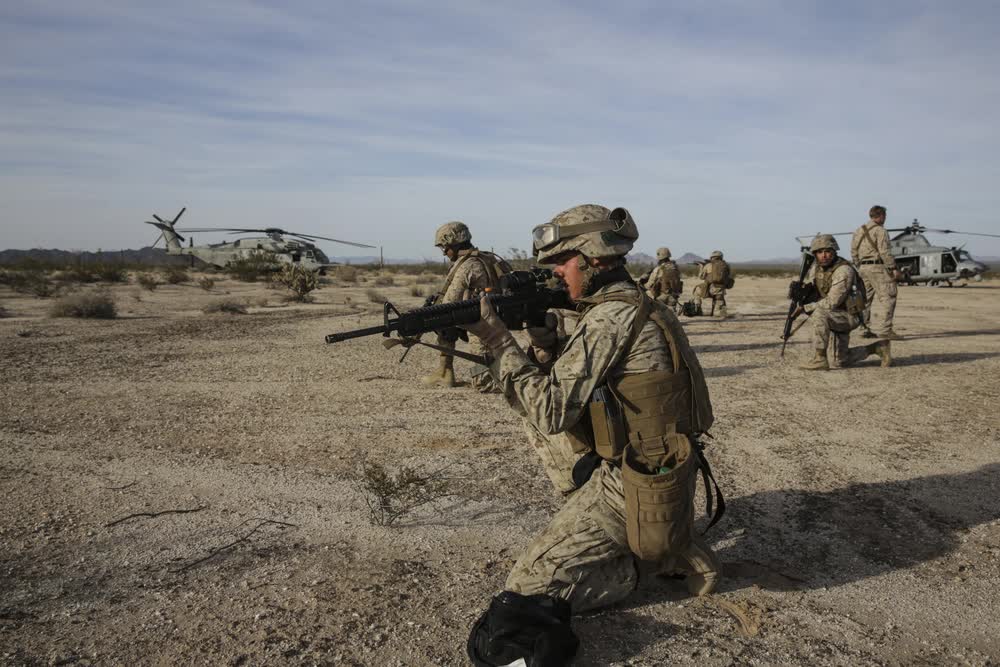
Editor’s Note: This article was sponsored by the Marine Corps Special Operations Command (MARSOC) and contains content developed in collaboration with their team.
In the complex theater of modern warfare, the Marine Raider Critical Skills Operators (CSOs) are the razor-sharp edge of the United States Marine Corps Special Operations Command (MARSOC). Forming the core of MARSOC, these elite enlisted warriors are a breed apart, conducting mission sets that go far beyond conventional military roles. Their duties extend from direct action and unconventional warfare to counterterrorism and special reconnaissance, making them versatile and formidable in today’s dynamic global security landscape.
Today we’ll look into and explain the multifaceted mission set of Marine Raider Critical Skills Operators, offering a glimpse into the specialized skills and training that allows them to safeguard U.S. interests at home and abroad.
Direct action
The staple of special operations units, direct action operations involve getting close and personal with an enemy. CSOs are highly skilled in conducting direct action missions, which involve seizing, destroying, capturing, or recovering enemy targets and personnel. The proficiency of these operators in close-quarters combat, marksmanship, and tactical operations allows them to infiltrate enemy lines, execute precise strikes, and neutralize high-value targets with precision and efficiency. This role is essential for disrupting enemy operations and reducing an enemy’s ability to threaten national security.
Special reconnaissance
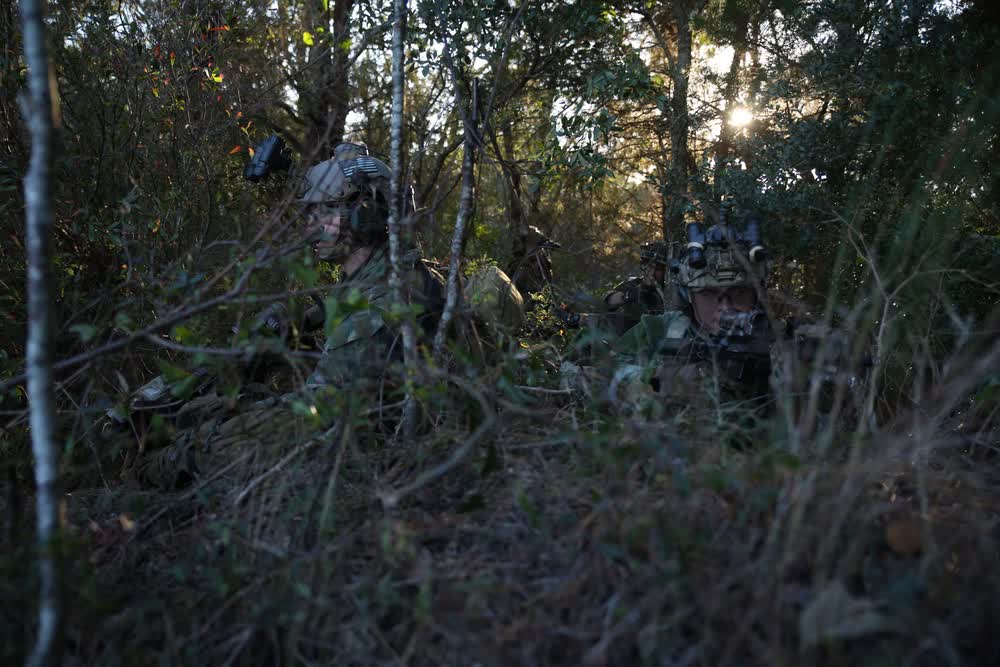
Special reconnaissance is an under-discussed special operations mission set, but it’s an essential part of planning complex combat operations. During special reconnaissance missions, CSOs gather intelligence, through clandestine means, on enemy activities, composition, and capabilities. This intelligence is valuable to commanders, aiding in decision-making and influencing the overall success of a mission. To collect intelligence in hostile environments, CSOs have to integrate into local populations to develop deep and reliable sources for vital information.
Related: MARSOC: A guide to becoming an elite Marine Raider
Foreign internal defense
Perhaps one of the most relevant mission sets in the modern world is foreign internal defense, or the training and advising of partner forces. During foreign internal defense operations, CSOs work closely with partner forces around the world to build up capabilities and enhance relationships with friends. Foreign Internal Defense focuses on training and supporting friendly forces to enable them to better face off threats.
Excellent cultural skills and proficiency in foreign languages allow CSOs to work directly with partner forces and forget important relationships that can come in handy in contingencies.
Unconventional warfare
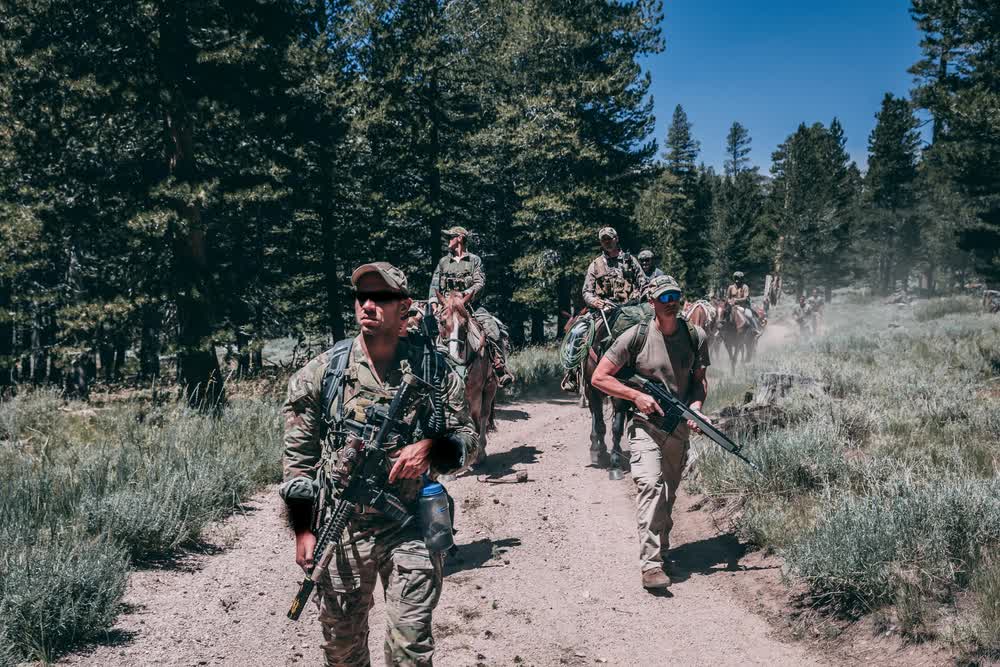
Much like their Army Green Berets brethren, CSOs possess the expertise to conduct unconventional warfare (UW) operations, which involve organizing, training, and leading unconventional warfare forces. Often, these forces consist of resistance movements or indigenous personnel that aim to overthrow an existing government or resist an invader. CSOs provide both strategic guidance and tactical leadership, assisting these forces in achieving their objectives while operating in a non-permissive or denied environment.
One of the best recent examples of a successful unconventional warfare campaign was the overthrow of the Taliban in 2001 after Green Berets and CIA paramilitary personnel linked up with the Northern Alliance resistance group.
Related: What exactly is MARSOC, the Marines’ elite special operations component?
Counterterrorism
CSOs are also trained in counterterrorism operations. As highly trained special operators, Marine Raiders work to prevent, disrupt, and respond to terrorist activities. This involves gathering intelligence on terrorist networks, conducting raids to capture or eliminate high-value targets, and working closely with other specialized units to combat this ongoing threat to national and international security.
Campaigns against the Islamic State (ISIS) are one example of recent counterterrorism operations in which MARSOC played an important role.
Humanitarian assistance and disaster response
Marine Raiders may be highly trained warfighters, but Critical Skills Operators are also ready to provide humanitarian assistance and disaster response in times of crisis, and numerous times in the past, U.S. special operators have come to the aid of foreign countries facing natural catastrophes.
CSOs have the skills to rapidly deploy and provide support in disaster-stricken areas, offering medical aid, logistics support, and security in coordination with other agencies. Their ability to adapt to unpredictable and challenging environments makes them invaluable in providing relief and aid.
Although not a combat mission set, humanitarian assistance and disaster response goes a long way in building trust and strengthening relationships with foreign partners, which is emphasized by America’s National Security Strategy and is an essential component of defending American and allied interests abroad.
Read more from Sandboxx News
- The chain gun is an incredibly reliable and powerful weapon
- Lock-picking 101 with the Delta Force
- Hermeus reveals flying prototype in its pursuit of a reusable hypersonic jet
- The Army doesn’t have enough PSYOP soldiers to fight the information war, inspector general says
- What really happened when F-22 Raptors squared off against the Eurofighter Typhoon?
Related Posts
Sandboxx News Merch
-

‘AirPower’ Classic Hoodie
$46.00 – $48.00 Select options This product has multiple variants. The options may be chosen on the product page -

‘Sandboxx News’ Trucker Cap
$27.00 Select options This product has multiple variants. The options may be chosen on the product page -
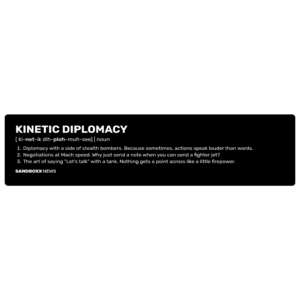
‘Kinetic Diplomacy’ Bumper Sticker (Black)
$8.00 Add to cart

Sandboxx
The editorial team at Sandboxx.
Related to: Special Operations
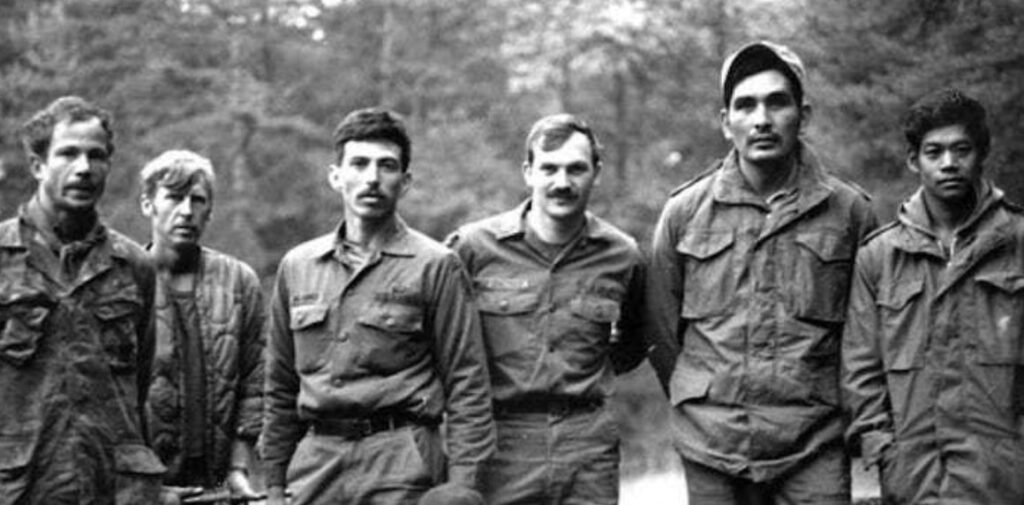
Delta Force Assessment and Selection: Spending nights at base camps
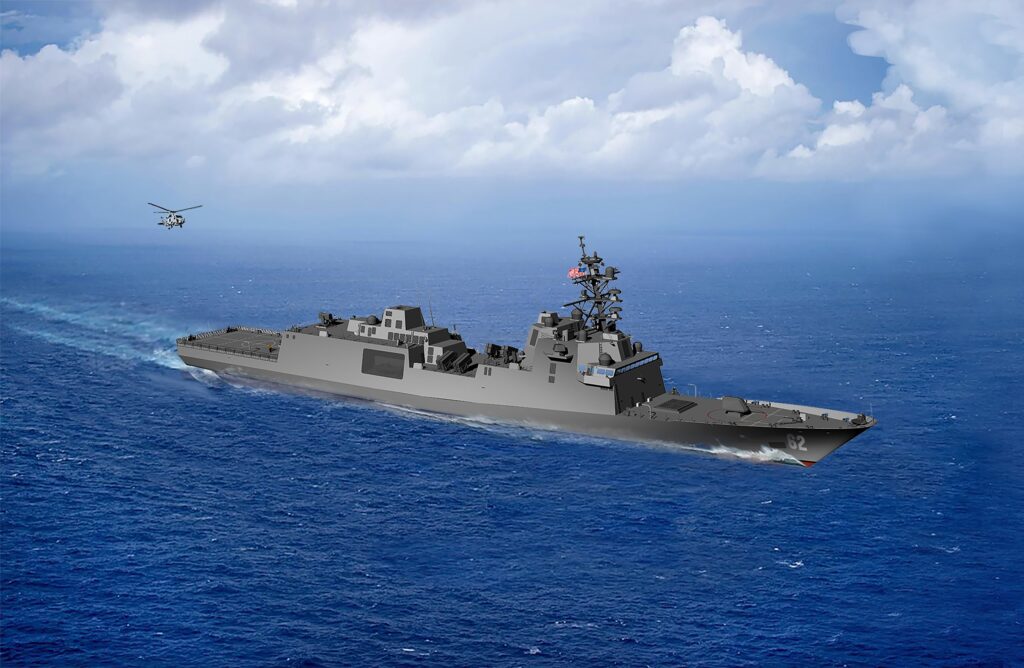
The US Navy is forced to wait on its new flagship frigate

Apophis: Are we prepared to defeat Earth’s greatest planetary threat?
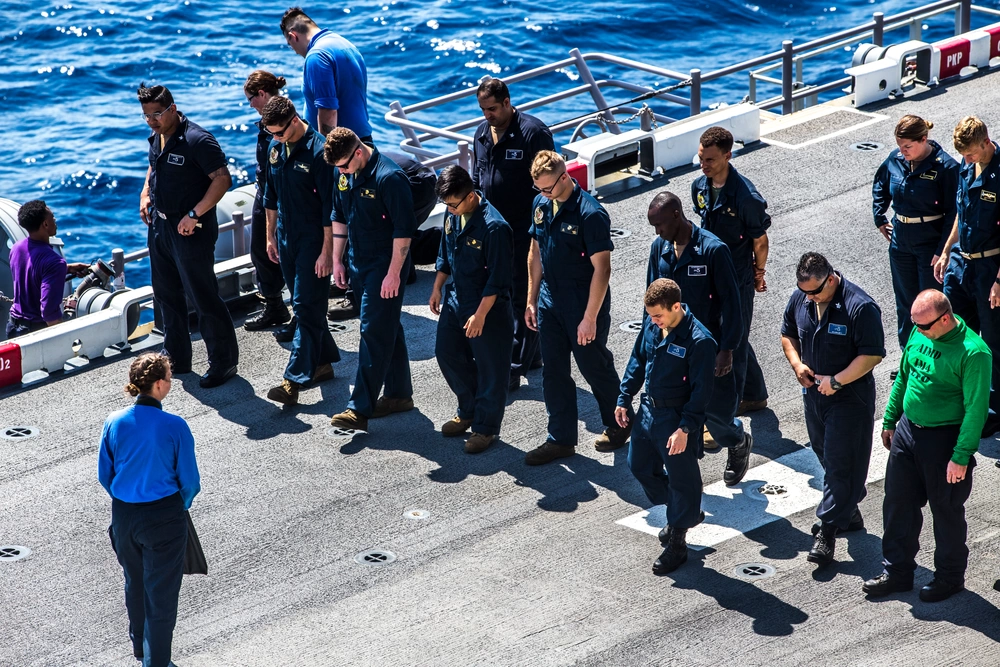
Do sailors have a future in the US Navy? No, according to former Army general
Sandboxx News
-

‘Sandboxx News’ Trucker Cap
$27.00 Select options This product has multiple variants. The options may be chosen on the product page -

‘AirPower’ Classic Hoodie
$46.00 – $48.00 Select options This product has multiple variants. The options may be chosen on the product page -

‘AirPower’ Golf Rope Hat
$31.00 Select options This product has multiple variants. The options may be chosen on the product page -

‘Sandboxx News’ Dad Hat
$27.00 Select options This product has multiple variants. The options may be chosen on the product page
